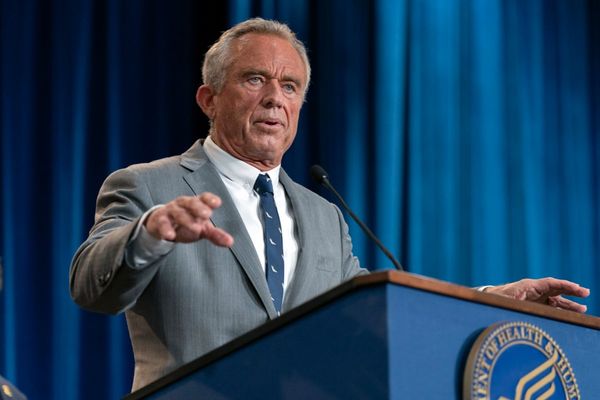Councillors across the political divide in West Lothian have backed proposals to tackle ignorance of hidden disabilities to break down the barriers which discourage many from standing for public office.
A composite motion with elements suggested by Labour and the Tories was agreed with SNP member Moira Shemilt who made the initial motion calling for an independent audit of disability.
READ MORE: West Lothian council warned online abuse 'a threat to democracy'
Councillor Shemilt told a meeting of the full council: “We would all want to see a council as diverse as possible.”
She added that her motion assumed “that each of us has their own blind spot” about disabilities.
The motion added: “Council believes that far too many disabled people, their ambitions, dreams and achieving their potential are still denied to them because of the barriers in their way. Barriers that are often caused by prejudice, ignorance and thoughtlessness by others.
"Attitude is as much of a barrier to participation as the physical structure of buildings or poor communication of information.
“Many disabilities are hidden, for example depression is the primary disability world-wide. The needs of those with specific learning disabilities, such as dyslexia, or those who may be on the Autistic spectrum or those with impaired hearing might not be immediately obvious to others.”
Councillor Shemilt told the meeting that a benign brain tumour had damaged her hearing. She praised council staff for making improvements to the loop system in the chambers which had not been used for a dozen years.
She added that while virtual meetings had benefited her, if she was to attend a socially distanced meeting with masks: “I might as well go home”.
Labour group leader Lawrence Fitzpatrick proposed an amendment but was happy to composite with the SNP proposals for an external audit involving outside agencies and council staff on a short life working group, with representatives from all parties.
Tory group leader Damian Doran-Timson praised Councillor Shemilt’s “excellent motion” and suggested inviting the group Enable, which campaigns for greater awareness of learning disabilities as well as encouraging national and grassroots campaigning.
The working group will look at issues including the timing and length of council meetings, especially full council, the procedures in face to face meeting and virtual meetings and the accessibility and formats of council papers- including the length of time members have access to paperwork before meetings. Some council reports run to dozens of pages, with members given a minimum of four days before they are discussed in committee.
An initial report will be brought back to the council in March, with proposals from the working group to be presented to the new council after the May elections.
"Thanks everybody for working together on this. I appreciate it," Councillor Shemilt told the meeting.







